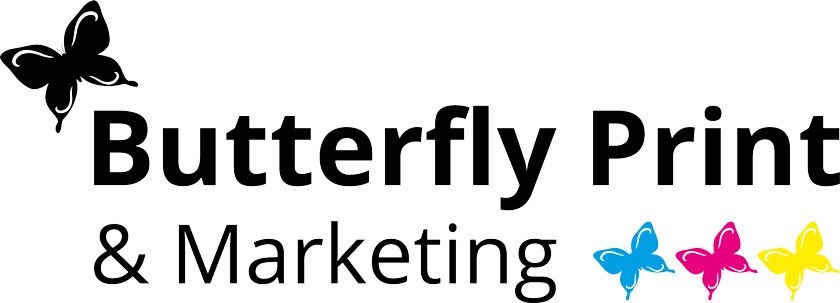Important information from the Early Years Hub to help early years settings understand what is required through the process of Ofsted inspection. Early Years Hub provide training and support including Ofsted Audits that enable settings to evidence their compliance with legislation and demonstrate best practice in preparation for Ofsted inspection.
This blog is the second of six team talk blogs ‘focus on inspection’. We will look at 6 focus areas in this series. Taking into account requirements of the EYFS and guidance from Ofsted. We will consider the following focus areas: Child protection, working with babies, promoting children’s wellbeing, partnership with parents, promoting children’s learning and development and supporting staff.
This second blog focusses on working with babies.
The Early Years Foundation Stage tells us that ‘children learn best when they are healthy, safe and secure, when their individual needs are met, and when they have positive relationships with the adults caring for them’. Providers are expected to ‘create high quality settings which are welcoming, safe and stimulating, and where children are able to enjoy learning and grow in confidence’.
To consider what early years providers need to do the EYFS states that;
- paediatric first aid training must be renewed every three years and be relevant for workers caring for young children and where relevant, babies.
- Each child must be assigned a key person. Their role is to help ensure that every child’s care is tailored to meet their individual needs’. The key person should;
- help the child become familiar with the setting
- offer a settled relationship for the child
- build a relationship with the child’s parents
The EYFS also states that for early years providers (other than childminders) working with children under the age of two, that ‘at least half of all staff must have received training that specifically addresses the care of babies’.*
Ofsted inspectors WILL obtain evidence of;
- the deployment of staff, taking account of their qualifications, skills and experience to work with children of different ages, including babies and toddlers
- how well the physical environment is organised to meet the needs of individual children of different ages, including for babies and toddlers where appropriate
- establish the effectiveness of arrangements for sharing information and working in partnership with other providers, schools and professionals to identify all children’s needs
- the extent and range of completed training, including child protection, first aid and safeguarding training that fully meets statutory requirements, and its impact on improving children’s well-being
- assessment information is gathered from looking at what children already know, understand and can do, and is informed by their parents and previous providers as appropriate
- children understand how to develop as a result of regular interaction and encouragement from staff, and parents understand how their children should progress and how they can contribute to this
Inspectors will make a judgement on the personal development, behaviour and welfare of children by evaluating the extent to which the provision is successfully promoting and supporting children’s
- sense of achievement
- commitment to learning
- self-confidence
- understanding of how to be a successful learner
- enjoyment of learning
- development of their independence
- social and emotional preparation for their transitions
- emotional security
- emotional attachments with practitioners
- physical and emotional health
- management of their own feelings and behaviour
Further details about inspections and how Ofsted inspect the working with babies element of practice can be found in the Early Years Inspection Handbook (2018)
Ofsted Judgment areas for this covers all aspects of the framework including Effectiveness of Leadership and Management, Teaching, learning and assessment, Personal development, behaviour and welfare and Outcomes for children.
Best Practice – 10 top tips!
- Effectively deploy staff who are skilled, experienced and love to work with babies!
- Make sure that sufficient baby room staff are qualified and trained in the care of babies.
- Ensure that staff in the baby room are trained in paediatric first aid and their skills and knowledge is renewed frequently and in keeping with the EYFS requirements.
- Create environments that are are conducive to meet the unique needs of babies and extend their learning.
- Develop routines that take into account the needs of babies such as food, drink, sleep and play.
- Make sure that play and exploration for babies and young children provides sufficient risk and challenge whilst remaining safe.
- Provide opportunities for outdoor play offering different experiences including physical development and movement.
- Establish good relationships with parents and carers of children in your setting making effective use of the key person system to meet the needs of every child.
- Develop excellent means of communication between home and the setting.
- Make good use of partnerships with other professionals taking into account appropriate information sharing practice that meets legal requirements for data protection laws.
Early Years Hub courses including the ‘working with babies’ course and details about Ofsted audits can be found on their website.
Butterfly Print works in partnership with Early Years Hub.
………………………………………………………………………………………………………………………….
*Source: Early Years Foundation Stage – Safeguarding and Welfare Requirements (2017)



Leave A Comment
You must be logged in to post a comment.